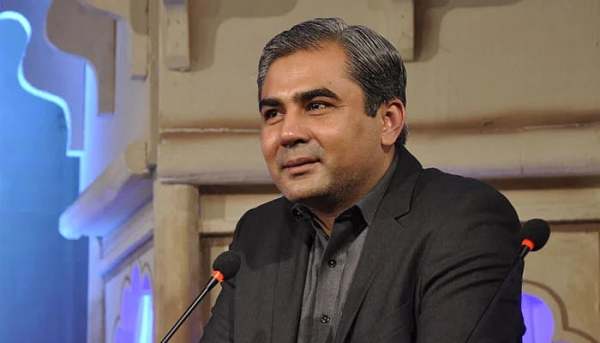
The wealth of India's richest one percent has increased by 62 percent between 2000 and 2023. This information came to light in a report released under the G-20 presidency of South Africa. The study led by Nobel laureate Joseph Stiglitz warned that global inequality has reached crisis levels, threatening democracy, economic stability and climate progress. The G-20 Extraordinary Committee of Independent Experts on Global Inequality found that the top one percent of the richest people globally gained 41 percent of all new wealth created between 2000 and 2024, while the bottom half of the population got just one percent. Economists Jayati Ghosh, Winnie Byanyima and Imran Valodia are included in this committee.
How much has the wealth of the rich increased in India?
The report said broadly measured inter-country inequality has declined as per capita income has increased in some more populous countries, such as China and India. Due to this, the share of high income countries in the global gross domestic product (GDP) has reduced to some extent. It said that between 2000 and 2023, the richest one percent of people have increased their share of wealth in more than half of all countries, accounting for 74 percent of global wealth.
According to the report, the wealth of the top one percent of India's people increased by 62 percent during this period (2000-2023). In China this figure was 54 percent. It says that extreme inequality is an option. This is not inevitable and can be changed with political will. This can be facilitated to a great extent by global coordination and G-20 has an important role in this regard.
What does the global trend say?
The report proposes the formation of an International Inequality Committee (IPI) on the lines of the Intergovernmental Committee on Climate Change (IPCC) to monitor global trends and guide policy making. Launched under South Africa's G20 chairmanship, this body will provide governments with authoritative and accessible data on inequality and its causes. The report said that countries with high inequality are seven times more likely to suffer democratic collapse than similar countries.
It said that since 2020, global poverty reduction has almost stopped and has reversed in some areas. 2.3 billion people are facing moderate or severe food insecurity, an increase of 335 million from 2019. Half the world's population is still deprived of essential health services. 1.3 billion people are living in poverty due to health expenditure exceeding their income.
-
Private Detective Says Bollywood Actor Had Multiple Affairs, Wife Ignored It For Years

-
Hamas-Linked Group Funded Zohran Mamdani’s Mayoral Campaign: Mentor Linda Sarsour

-
IND VS AUS 4th T20: Will Sanju Samson Return To India's Playing XI?

-
Former Cricketer Mohammad Azharuddin Gets Minorities Welfare & Public Enterprises Portfolios In Telangana Cabinet

-
PCB Chairman Mohsin Naqvi Likely To Skip ICC Board Meeting Amid Asia Cup Trophy Controversy: Reports
